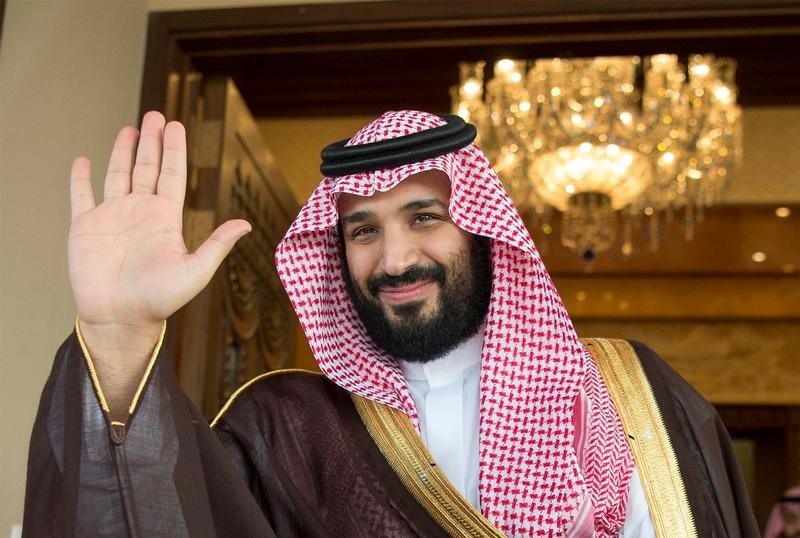
BEIRUT (Reuters) – Syria’s foreign minister said on Monday that his government would abide by the terms of a Russian plan for “de-escalation” zones so long as rebels also observed it.
Walid al-Moualem told a televised news conference that rebels involved in the process must help clear areas they control of jihadist factions, including the former Nusra Front, and that the deal’s guarantors must help them do this.
The deal for de-escalation zones was brokered by Russia, with backing from Turkey and Iran, during ceasefire talks in the Kazakh capital Astana last week and came into effect at midnight on Friday, but some fighting has continued in those areas.
“It is the duty of the groups which signed the ceasefire agreement to expel Nusra from these zones until the areas really become de-escalated. It is for the guarantors to help these factions,” he said, referring specifically to rebel-held Idlib province as a place where jihadist groups were present.
Moualem said a separate peace talks process under U.N. auspices in Geneva was not progressing. Local “reconciliation” deals that the government is pursuing with rebels were an alternative to that, he said.
Such deals have been criticized by the opposition as being imposed on civilians using siege tactics. The United Nations has said the evacuation of some people as part of those agreements is a form of forced displacement.
Moualem said there would be no role for either the United Nations or other “international forces” in the de-escalation zones, but said, without giving further details, that Russia had said military police would play an observer role.
The memorandum signed by Russia, Iran and Turkey last week setting up the de-escalation areas said that the forces of those countries would ensure the administration of security zones by consensus, but did not specifically mention military police.
A spokesman for the U.N. secretary general’s special envoy to Syria, Staffan de Mistura, declined to comment on those remarks.
UNITED STATES
Moualem also addressed what he described as an apparent change of attitude toward Syria by the U.S. administration.
“It seems the United States, where (President Donald) Trump has said the Syrian crisis has dragged on too long, might have come to the conclusion that there must be an understanding with Russia on a solution,” he said.
He warned that if forces from Jordan, a supporter of rebel groups in southern Syria, entered the country without coordinating with Damascus, it would be considered an act of aggression, but added that Syria was not about to confront Jordan.
Speaking about the military situation inside Syria, Moualem said Deir al-Zor, a city and province occupied by Islamic State in the east, was the “fundamental objective” for government forces and more important to the average Syrian than Idlib.
Asked about U.S. backing for Kurdish groups fighting Islamic State in northeast Syria, he said that what Syrian Kurds were doing against the jihadist group was “legitimate” at this stage and fell within the framework of preserving Syrian unity.
(Reporting By Angus McDowall, Ellen Francis, Tom Perry and Laila Bassam; Additional reporting by Tom Miles in Geneva; Editing by Robin Pomeroy)








